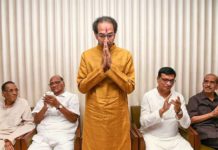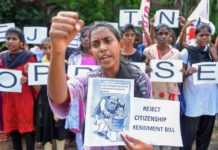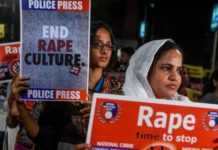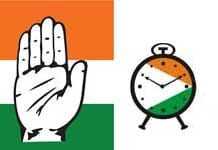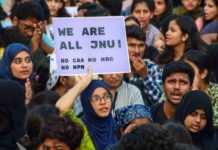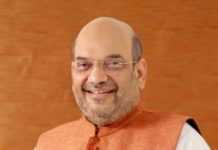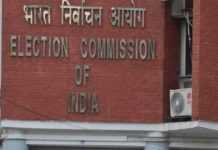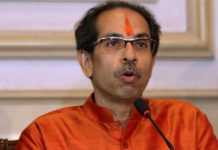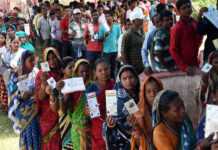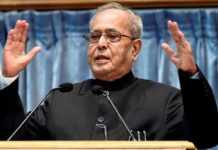
Tuesday (November 19): The Supreme Court of India has today decided to hear a batch of pleas challenging the constitutional validity of a Maharashtra law granting reservation for Marathas in education and jobs in the state from January 22.
“We can refer it (matter) to a Constitution bench only after being convinced of the plea,” the bench said, adding that the petitions would be now listed for hearing on January 22.
A bench comprising Chief Justice S A Bobde and Justices Sanjiv Khanna and Surya Kant, meanwhile, asked the parties to complete the pleadings in the case.
Senior advocate Arvind Datar, appearing for one of the parties opposed to the quota for Marathas, said the matter required a hearing as the Maharashtra law breached the 50 per cent ceiling on reservation put by the apex court in its the Mandal judgment.
Earlier on July 12, the apex court had decided to examine the constitutional validity of the Socially and Educationally Backward Classes (SEBC) Act, 2018 granting reservation for Marathas in education and jobs in the state.
The top court, however, had refused to stay the Bombay High Court order upholding the statute with some modifications.
It had also made clear that the aspect of the HC verdict allowing the quota with a retrospective effect, from 2014, would not be made operational.
The apex court’s order, declining application of the law with retrospective effect, was passed when a lawyer had alleged that the state government has passed an order applying the quota to nearly 70,000 vacancies with effect from 2014.
The bench was hearing five petitions including those filed by J Laxman Rao Patil and lawyer Sanjeet Shukla challenging the high court order which had upheld the constitutional validity of the quota.
The Story So Far:
The high court had held that 16 per cent reservation was not justifiable and ruled that quota should not exceed 12 per cent in employment and 13 per cent in admissions.
The Bombay High Court, in its June 27 order, had said the 50 per cent cap on total reservations imposed by the SC could be exceeded in exceptional circumstances.
The SEBC Act was enacted to grant reservation to the Maratha community people in jobs and admissions.
It had also accepted the Maharashtra government’s argument that the Maratha community was socially and educationally backward, and it was duty-bound to take steps for its progress.
The high court had said that though the reservation was valid, its quantum – 16 per cent – was not justifiable and it should be reduced to 12 per cent and 13 per cent, as recommended by the State Backward Classes Commission.
According to the 102nd amendment to the Constitution, reservation can be granted only if a particular community is named in the list prepared by the president.
On November 30, 2018, the Maharashtra legislature passed a bill granting the 16 per cent reservation to Marathas.
The community, which accounts for roughly a third of Maharashtra’s population, is politically dominant.
The report submitted by the State Backward Classes Commission was based on quantifiable and contemporaneous data and was correct in classifying the Maratha community as socially and educationally backward, the high court had said in its verdict.




